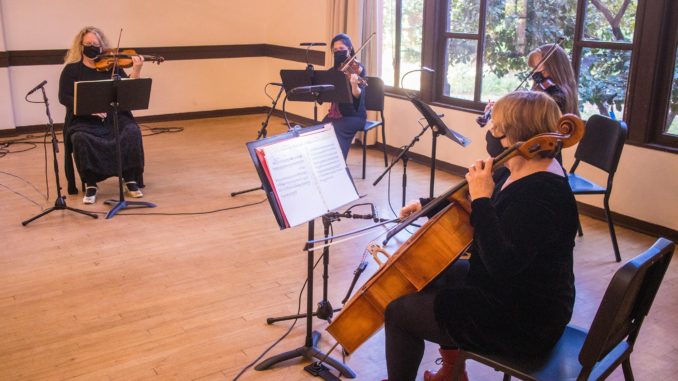
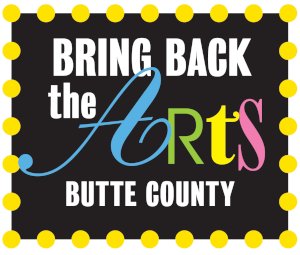
North State Symphony premieres To the Fore, its final show of the 2020-21 season, on May 6, and the press release boasts that the concert “includes our largest chamber music ensemble of the season.” When asked about this “large” group of players, symphony Music Director and Conductor Scott Season’s reply was: “By the most we mean … six.”
It helps to have a sense of humor when the program you lead has had an entire season turned upside down. Restrictions put in place by the state to help slow the spread of COVID-19 hit live entertainment organizations particularly hard. For its 20th anniversary season, the symphony was reduced from its usual 70-plus-member orchestra to a variety of chamber-sized ensembles that numbered no more than six players each while also being forced to forgo performing in front of live audiences altogether.
The planned schedule was scrapped and replaced with a season dubbed Rediscover, made up of five virtual concerts filmed at various Nor Cal locations—Redding’s Old City Hall; the Chico Women’s Club; Morris Graves Museum of Art in Eureka and the Redding School of the Arts. However, even some of these new plans were upended by ever-shifting conditions.
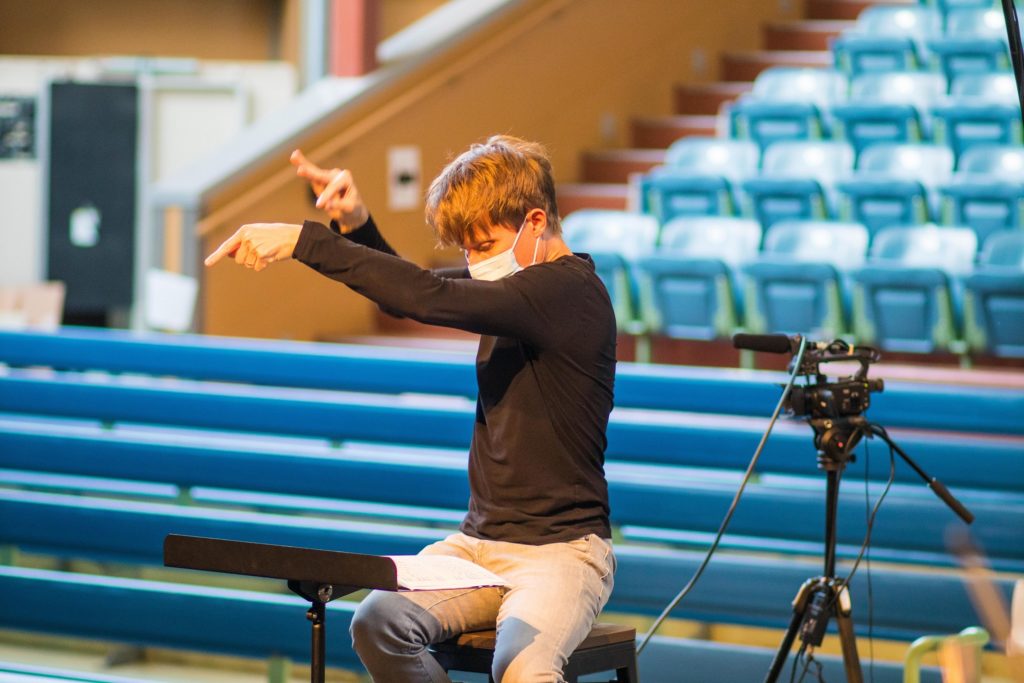
“A lot of times, we were changing things hourly or by the day. We have had at least 30 versions of how this current season went,” Seaton told the CN&R during a recent Zoom interview with him and symphony Executive Director Elizabeth Quivey, who added: “In addition to the [COVID] health and safety stuff, we also changed dates and rescheduled [some] recording sessions due to the state being on fire and not being able to work in confined spaces without windows being open. It was incredibly topsy-turvy.”
“For example,” Seaton added, “our February concert—which we called Conversations—wasn’t originally even called that as early as, I think, January. It was called Love and Friendship—we were playing on the whole Valentine’s thing—and then we learned that we would not be able to record in person at all, not even for a small ensemble.
“We decided to go into a realm we hadn’t toyed with at that point, which was completely asynchronous recording. So, all of our musicians from all over the place sent in audio and video recordings that they recorded in their own personal spaces. And then I pieced together those ensembles … and that was something that, even a couple weeks before that, I did not have the skill set to do. It was a huge learning process, but we did it. We turned that project into a great set of education concerts.”
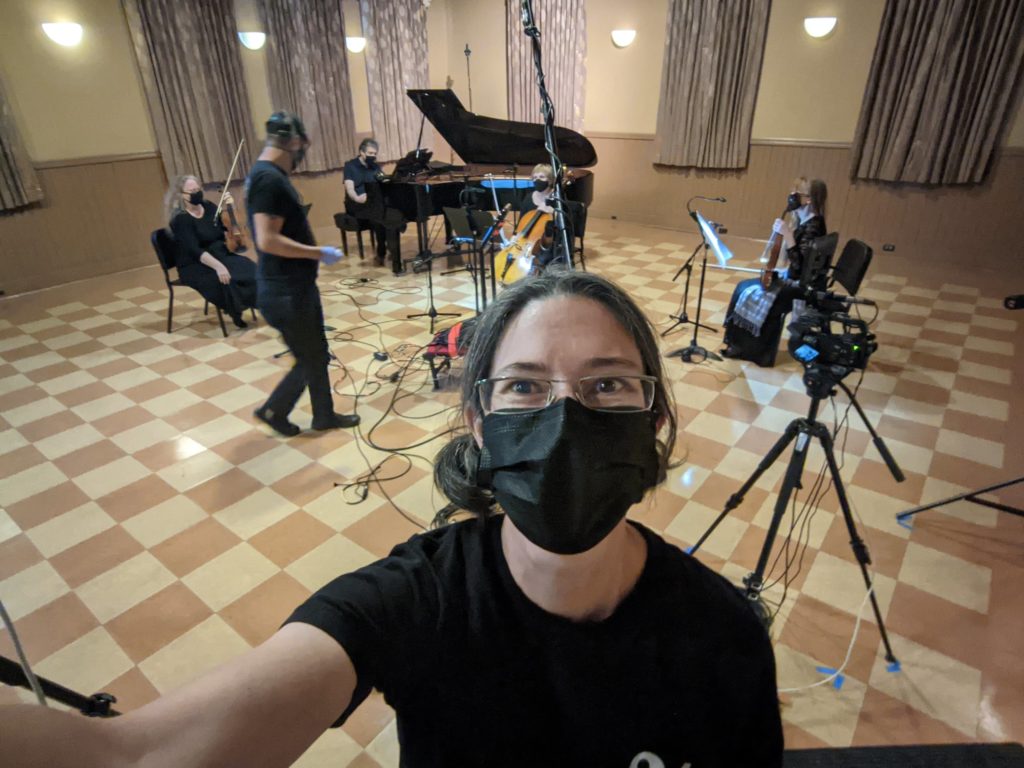
The last-minute production change seemed to energize the players cooped up at the height of the pandemic, resulting in very spirited performances. Some players shared a space for their contribution—like mother-son flute-cello duo Ruth and Anthoni Polcari on Heitor Villa-Lobos’ “Jet Whistle, II & III”—while others tracked their parts separately and played split screen to impressive effect (especially clarinetist Bruce Belton, who accompanied several versions of himself).
The intimate nature of Conversations, which included personal introductions by the musicians, played into the revamped season’s Rediscover theme. In the absence of getting to experience the full orchestra together this year, Seaton said the idea was to “rediscover” the most important part of the symphony—the players—both through the season’s small-scale performances and via the many “Musician Accents” video segments that were released between shows. The 20- to 30-minute clips of Seaton interviewing individual musicians were part of the symphony’s full commitment to the virtual model, which also included the “Just Ask” program (an online Q&A between viewers and Seaton plus a guest soloist), re-release of archive concerts, interviews with board members, online performances and outreach with local schools. All told, more than 50 releases went online during the pandemic.
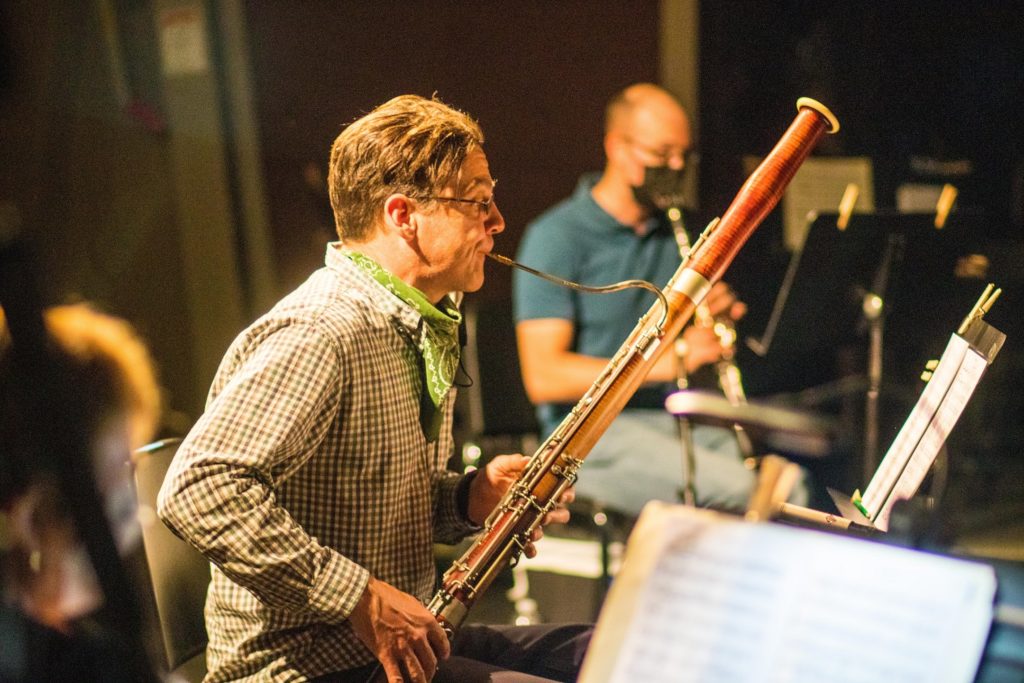
“This layer of technology is here to stay,” admitted Quivey, who stressed that the online work and the connections it’s provided between the organization and the community fit right into the mission of providing access to the symphony.
Quivey also said, at this point, as the group looks ahead to next season, they will continue to program flexibility into all of their planning. It’s still unknown when the symphony will be able to play live and in-person.
“I really miss the audience in the same space. It’s amazing how stark it is when they’re not there,” she said. “There’s an energy missing that I really really look forward to when we are able to be back. I hope that what we take away from it is acknowledging that specialness always—not just the first time back—but we can hold that and remember that every time that we’re on stage.”
“Nothing replaces live music,” added Seaton, who said he’s looking forward to the day when the symphony gets to perform Beethoven’s Symphony No. 9, the grand chorale work that has been rescheduled several times throughout the pandemic and is tentatively booked as the finale for the 2021-22 season. “That concert has shifted names many times, and we’re calling it Unstoppable Beethoven.”
The Ninth is an enormous production that adds a choir to the stage alongside the full symphony, and it would, most appropriately, come at the end of a season that will be titled Crescendo.
“We’re starting on a small scale and going all the way to the grandest of scales,” said Seaton. “It’ll be this time that everyone comes back together.”
To the Fore—a virtual chamber concert featuring works by Ellen Taaffe Zwilich, Jennifer Higdon and Bohuslav Martinu—premieres May 6 at 7 p.m. A pre-concert talk with conductor Scott Seaton debuts May 4 at 7 p.m. Showing on community-access TV in Shasta and Butte counties and streaming online at the NSS YouTube channel. Visit northstatesymphony.org for details.

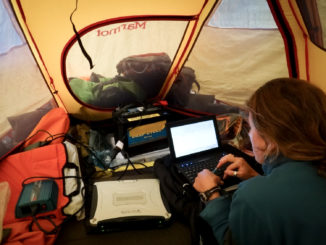
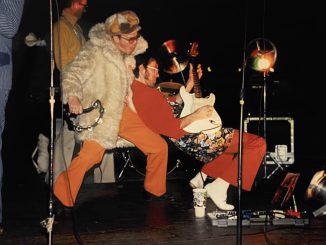

Be the first to comment